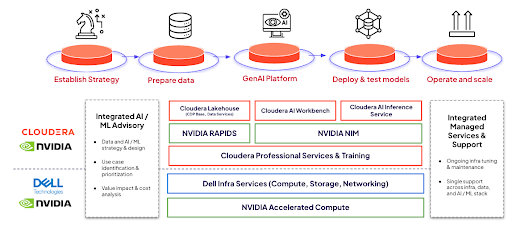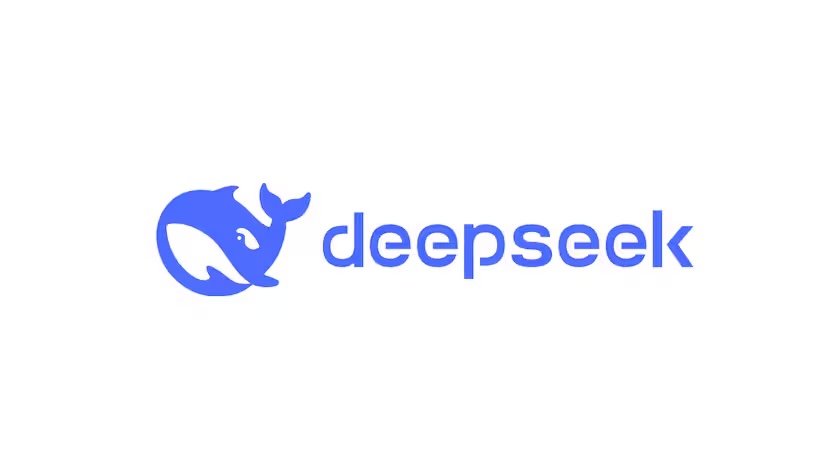
Background
Nearly every OEM today offers some form of consumption-based infrastructure. Hewlett Packard Enterprise paved the way, and bet the company, on its HPE GreenLake offerings. Lenovo’s TruScale is another excellent option. The storage industry has also stepped up, with Pure Storage’s Evergreen offerings and NetApp’s Keystone each making industry-best storage solutions available as consumption-based offerings.
Dell Technologies jumped into this space in 2021, announcing its Dell Technologies APEX solutions at that year’s Dell Technologies World. The company hit the ground running, recently revealing that APEX has crossed the $1B ARR line. This is a significant business.
Recognizing the reality of hybrid-multi-cloud, Dell Technologies this week expanded the definition of what APEX is. At its annual Dell Technologies World in Las Vegas, Dell announced a broad set of enhancements to APEX that places it front-and-center of enterprise multi-cloud needs.
News: APEX Public Cloud Offerings
Despite the success of on-prem consumption-based offerings such as Dell’s APEX, IT organizations continue to deploy to the public cloud. Nearly every enterprise has a blended infrastructure, embracing some combination of on-prem, consumption-based, and cloud. Many enterprises even use multiple clouds.
Dell announced this week that it is deepening its collaboration with new collaborations with some of the top technology providers in that space. Dell announced a new offering with Microsoft, a new integration with Red Hat, and a deeper integration with VMware. This is delivered with “Dell APEX Cloud Platform for…” branding.
Dell APEX Cloud Platform for Microsoft Azure
Dell APEX Cloud Platform for Microsoft Azure brings the Azure hybrid-cloud experience to Dell APEX customers. Dell and Microsoft worked together to integrate APEX with Azure Arc-enabled infrastructure. This full-stack integration offers management through Microsoft’s native management tools. This allows for a seamless operational experience for IT administrators while providing consistent operations and governance across an IT infrastructure spanning edge, on-prem, and Microsoft Azure public cloud.
Dell APEX Cloud Platform for Red Hat OpenShift
Dell has been collaborating with Red Hat almost since there has been a Red Hat, releasing its first Red Hat Linux offering way back in 1999. Red Hat has evolved with the times, and its Red Hat OpenShift is the top cloud-native management plane across IT organizations of every size.
Dell APEX Cloud Platform for Red Hat OpenShift brings new capabilities for managing container-based cloud-native workflows with APEX. In addition, the deep integration between the two solutions allows IT administrators to co-exist containers and virtual machines, managing the combined infrastructure through OpenShift’s management interface. Dell’s deep integration of APEX with Red Hat OpenShift is a big win for IT administrators.
Dell APEX Cloud Platform for VMware
Dell also announced its new Dell APEX Cloud Platform for VMware. This offering allows IT administrators to deploy VMware vSphere on a fully integrated system backed by highly scalable and high-performance Dell software-defined storage. In addition, Dell is positioning the solution as complementary to its existing Dell APEX Private Cloud and Dell APEX Hybrid Cloud.
Dell APEX Cloud Storage
Managing workloads across cloud boundaries is relatively simple compared to the challenges of managing the data supporting those workloads. An expanded set of offerings brings Dell’s industry-leading storage solutions’ storage and data management capabilities to the public cloud.
Dell announced new block storage solutions for Amazon’s AWS and Microsoft Azure. In addition, the company also announced new file services for AWS. Continuing its “APEX for…” branding theme, the offerings are Dell APEX Block Storage for Amazon Web Services (AWS), Dell APEX Block Storage for Microsoft Azure, and Dell APEX File Storage for AWS.
Dell’s new Dell APEX Block Storage can rapidly expand performance and capacity for mission-critical workloads through a unique scale-out architecture. Increased resiliency is achieved by distributing data efficiently across multi-availability zones. Dell APEX File Storage delivers enterprise-class file performance and capabilities in the public cloud.
Dell APEX PC-as-a-Service
Dell is also extending APEX into the PC-as-a-Service market with its new Dell APEX PC-as-a-Service (PCaaS) solution. The much-needed new offering brings client management to APEX. Using the Dell APEX PC-as-a-Service, IT organizations can customize and manage capabilities across the entire client portfolio, including devices, software, and service, with flexible one- to five-year terms. As a result, Dell reports that early customers see up to 50% fewer help desk calls, leading to up to 30% savings in IT client support costs. That’s a compelling story.
Enhanced Manageability
If the goal of Dell APEX is to simplify IT operations, then its management plane is the solution’s central component. As a result, Dell is updating its APEX management console with new management, deployment, data mobility, and discovery software-as-a-service offerings to make it easier to manage in blended environments.
Dell APEX Navigator for Multicloud Storage is a SaaS that centralizes the manageability of Dell APEX Block and File Storage. It brings simplified configuration, automated deployment, storage monitoring, and data mobility between on-prem and public cloud environments.
Of everything Dell announced, this is one of the critical pieces. Effortlessly managing data across cloud boundaries is tough. Dell’s new tool allows IT administrators to manage their data consistently and securely at scale while optimizing workload placement to meet the demands of their critical workloads.
Dell also announced its new Dell APEX Navigator for Kubernetes. This is a SaaS that simplifies Kubernetes storage management. It brings capabilities such as data replication, application mobility, and observability to containers using Dell Container Storage Modules.
Analysis
Everything Dell announced this week for APEX is compelling. Each solution Dell introduced solves a real-world problem facing IT organizations across industries. Dell APEX customers will be happy with what’s announced, and the new solutions will undoubtedly help grow Dell’s APEX business.
While the functionality is good, Dell’s branding for APEX needs to be clearer. It’s overly broad. Where HPE GreenLake, and even Lenovo TruScale, describe a consistent set of services, Dell’s APEX offerings are challenging to classify. Is APEX a set of public cloud-storage offerings based on Dell storage technology? Is APEX a set of on-prem consumption-based infrastructure offerings? Or is it integration with Azure Arc? It’s all that and more, which will confuse buyers; the Dell sales teams and its partners will have to message around this confusion.
From a competitive perspective, there’s almost nothing in APEX that you can’t obtain from HPE GreenLake. But that’s ok. Dell and HPE are giants in enterprise IT. The vendor with the best or fastest offerings often shifts with each product cycle. IT organizations embrace a relationship with their technology provider that goes beyond technology. Technology is essential, but it’s a secondary concern. Dell, with this week’s announcements, closed competitive gaps. It also moved into new areas, competing with NetApp’s cloud-hosted ONTAP solutions with its new cloud storage options.
Despite my qualms with Dell’s messaging, I applaud what the company is delivering. Dell Technologies’ APEX is a fantastic set of solutions that solves real-world problems. Moreover, APEX is backed by a level of engineering and support that only Dell Technologies can offer.
Dell is working to simplify the multi-cloud experience. I’m a fan. Anything that helps an IT administrator work more efficiently is a win, something I know Dell also believes.




